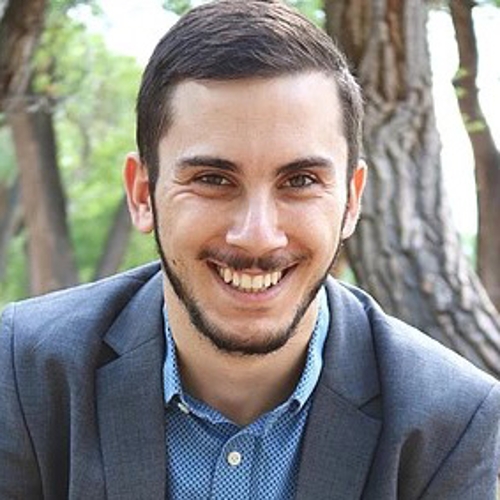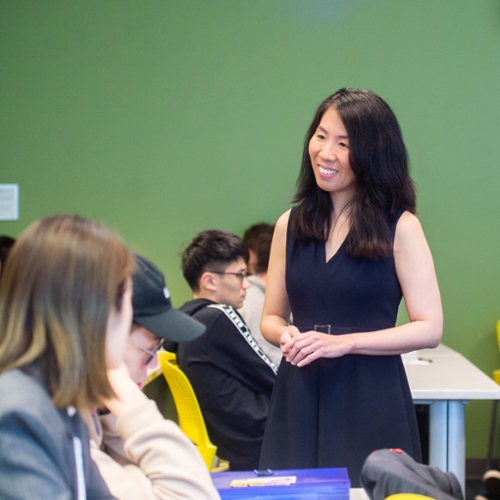
Prof. Peter Petri, founding dean of Brandeis International Business School, believes the school’s mission is more important than ever.
The late 1980s and early 1990s were a time of extraordinary change — communism collapsed, the European Union was born, China started its historic rise — and the right time to launch a graduate program focused on the new, globalizing economy. But I am still amazed at the smart, passionate, curious students who joined this adventure even from its earliest days. You are the reason for the successes that followed and for this 25th anniversary.
You not only survived heavy-duty international trade and finance, but also created a warm, international culture. You partied with the best of our French exchange students, cooked 25-cuisine potluck dinners, beat (up) the Harvard Business School soccer team, ate too much Brazilian steak and skied too dangerously in New Hampshire. And you fanned out to top universities from Singapore to Spain. Global adventure, multicultural friendships and rigorous academics became our DNA.
Over time, Brandeis International Business School grew stronger and more widely recognized in part because it managed to sustain the welcoming, enterprising spirit of its early years. How did this happen and will we stay on track?
Good genes: We were lucky to be born at Brandeis. This university is unmatched for values, ambition and entrepreneurship — no other school has risen so fast in the ranks of America’s top universities. Abram Sachar, Brandeis’s founding president, was one of the earliest advocates for our school. He was a champion of international education and, after all, our “landlord” in the Sachar International Center. Even now he watches over us from his grave in the quiet woods nearby! At Brandeis we could invent and experiment, attract great faculty and staff, and reach excellent students and alumni. Brandeis University and its presidents have continued to offer support ever since, and invention and entrepreneurship continue to thrive under Dean Kathryn Graddy.
Smart goals: Great business schools anticipate where business is headed and swoop down on big, new ideas. In the 1990s we perfected the first truly globalized curriculum. In the 2000s we added depth in business and finance — making the Lemberg Program one of America’s top-ranked master’s degrees in our fields. In the 2010s we established a unique undergraduate business major closely integrated with arts and sciences. And we haven’t stopped. Major recent innovations include STEM designation for all programs, a highly successful Master of Science in Business Analytics degree, and a new FinTech concentration in our Master of Science in Finance program, all key areas for today’s data-driven economy.
Passionate people: By my count, some 5,000 of us — students, faculty, staff, friends from everywhere — have been associated with our school over the decades. What explains the success of this large, diverse team? The wisdom of a few dozen administrators, faculty and friends? Of course not. This is the story of a remarkable, mostly uncoordinated team, with hundreds of people at a time transmitting, absorbing and creating ideas and building infrastructure to do so. There was no invisible hand, just 5,000 pairs of strong-minded, talented hands, ready to make our professional worlds a bit more diverse, connected, prosperous and fair.
This work is not done. Multicultural cooperation has become more rather than less fragile. But our values and expertise are still on the mark and the International Business School is bound to play a positive role in the next iterations of the world economy. Today we have an even stronger team and excellent new leadership committed to celebrating our individual contributions.
For those of us long associated with this school, the journey was enormously rewarding. Reconnecting with students-turned-friends reinforces my pride and optimism about our future. Thank you! And to the next 5,000 teammates: With your help, the best is yet to come.
Peter Petri is the founding dean of Brandeis International Business School and the Carl J. Shapiro Professor of International Finance.



